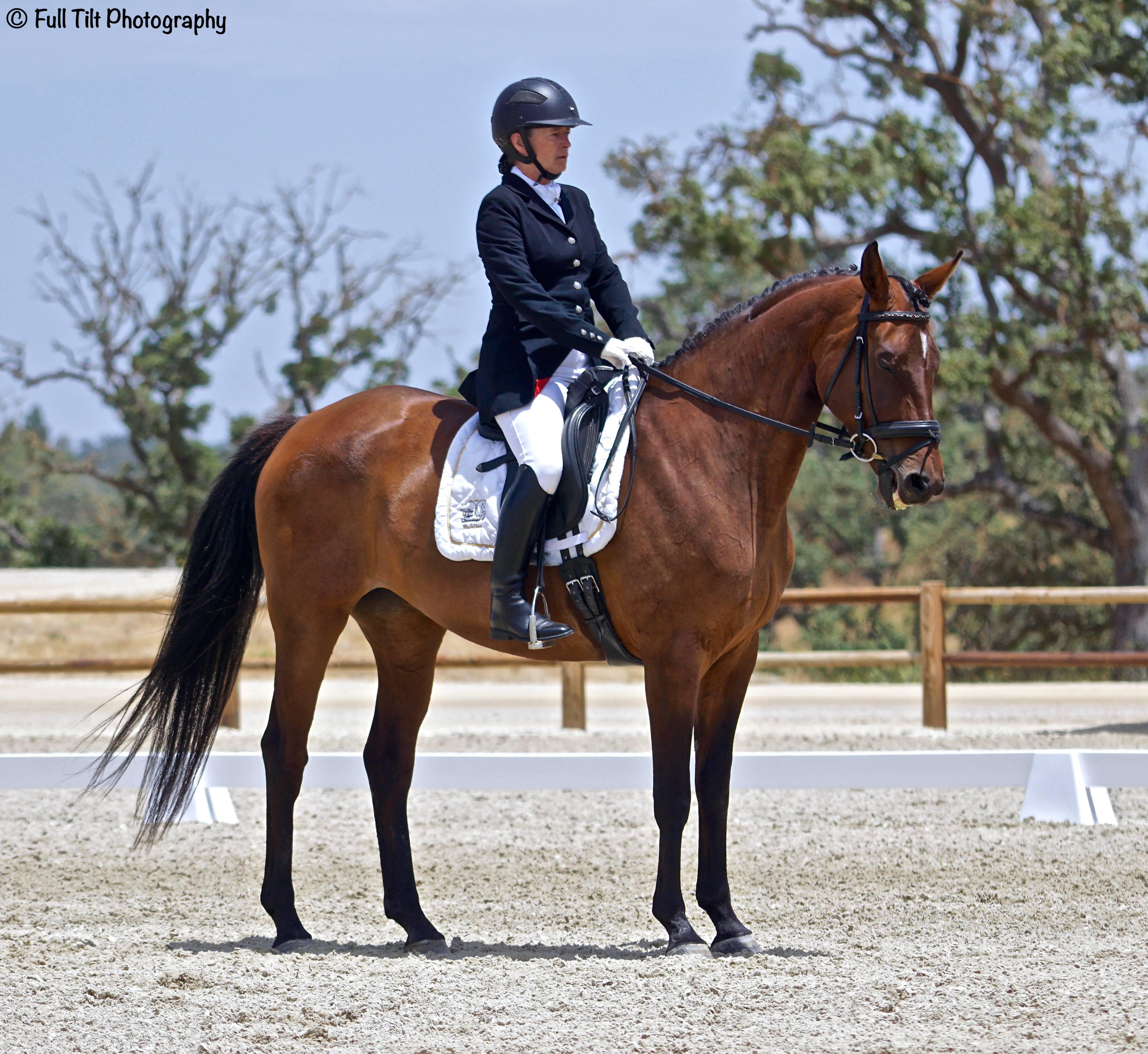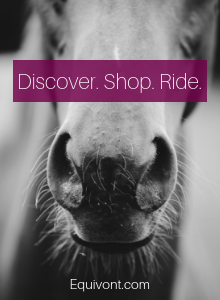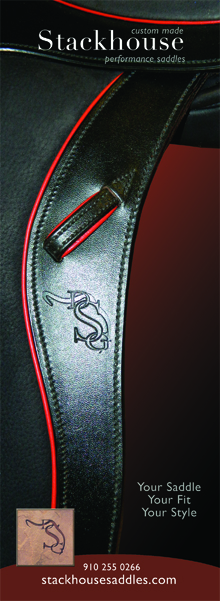Search the Site
Creating Good Habits When Riding (Current Freebie!)

It always pays off to make an effort to create good habits when riding and dealing with horses - for both horse and rider. I often see situations where the rider is not aware that they are allowing the horse to develop bad habits. Or where they are missing the opportunities to instill good habits that will pay off down the road with an obedient, safe, and reliable horse. Here are some examples:
These deal with the general handling of horses:
- Personal space when handling - If you always pay attention to whether your horse is respecting your personal space when you are leading him or working with him on the ground, he will learn to respect you, be more attentive to your presense, and will be much safer to handle.
- Safe turnout practices - Sometimes when people are in a hurry, they don't take the time to properly turn their horses around, and making them stand a second before letting go of their horse when turning out. This can create a situation down the road with some horses, where the horse can get excited and disrespectful at the anticipation of being let loose, and can be dangerous.
- Standing still for mounting - This is one I'm often guilty of overlooking myself, but a well trained, obedient, and respectful horse should stand still throughout the mounting process. If you tolerate the horse moving around and being rude, then he will continue to do so.
And these are riding examples:
- Acceptance of the contact - This is a big one. I often see riders when just hacking or riding around, that are sort of riding on a contact and sort of riding on a loose rein. That "in between" area where the contact is inconsistent, and the horse is not being asked to accept the contact, can be a detrimental place to be. As the rider is not really focusing on the quality of the connection when in that state, the horse is likely to develop a habit of being inconsistent in the bridle. If you make sure to ride very clearly on either a consistent, elastic contact or a completely loose rein, your horse will be more likely to be more accepting of the connection when you have it. So when you want to relax your focus and just hack, loosen the reins completely.
- Good habits when jumping - So often I see riders jump a fence, and then land with the horse out of balance, cutting the corner, fighting the rider's hand, on the wrong lead, or even cross cantering. And the rider will pull the horse up, pet him for jumping the fence, and let him walk. Here is a huge example of where you can establish good habits that will pay off when you need it most. Instead, before you walk, fix the canter. See how quickly you can get a good, balanced canter on the correct lead - as if you had another jump to go to (even when you don't). Be in the habit of making sure your horse jumps in the middle and goes straight after every jump. That habit will really reward you when you get to where you are jumping complexes with angled lines and corners! If you are in the habit of staying straight and getting a good canter/gallop as quick as you can when you land from every jump, you will be setting yourself up for success when it comes to jumping courses.
- Good habits when halting - Even if you are stopping to adjust your stirrups, or to get off - ride a proper halt with your horse on the aids. When your horse halts nicely, drop the reins, and do whatever you were going to do. But don't halt with no focus on quality, with the horse against your hand - and reward your horse by dropping the reins. One of the most famous Dressage riders of all time, Reiner Klimke, was known for this. He would often finish a training session with a really good halt on the aids at X. And famous British Eventer, Ginny Elliot (Leng) would bend around curves while on the trail, and would focus on getting good square halts on the aids (and standing still) when stopping for traffic while out on the roads hacking. These practices can pay off in a horse that is more likely to perform well when it counts, as they are in the habit of being obedient.
At the end of the day, riders who have put lots of time and effort into their riding, with a strong focus on doing things correctly every time, will be ahead of their peers. Remember the wise old (and very true) saying - practice doesn't make perfect, perfect practice makes perfect.






